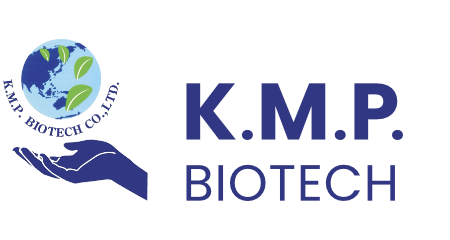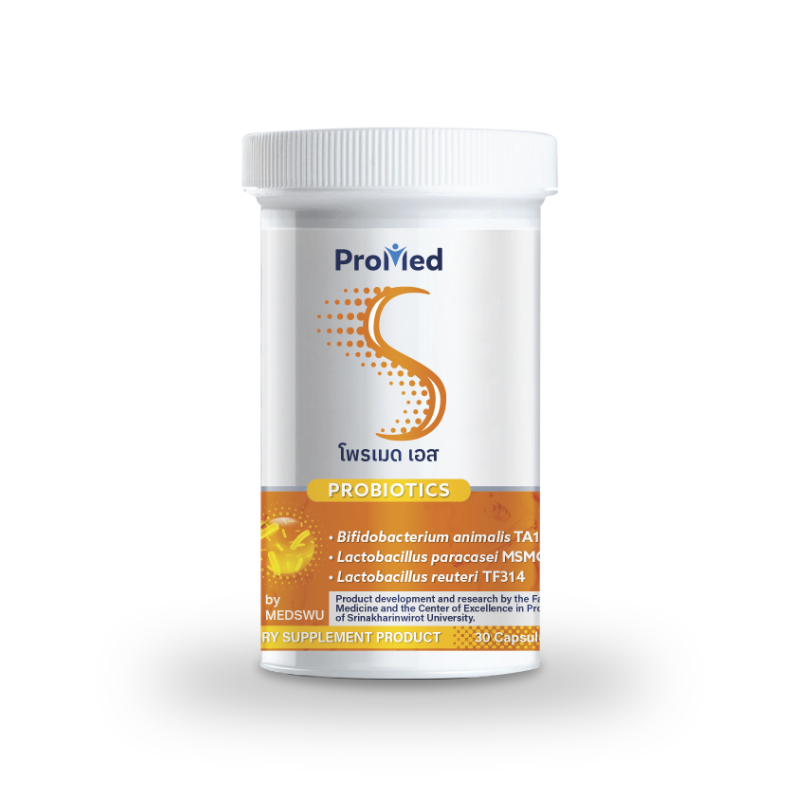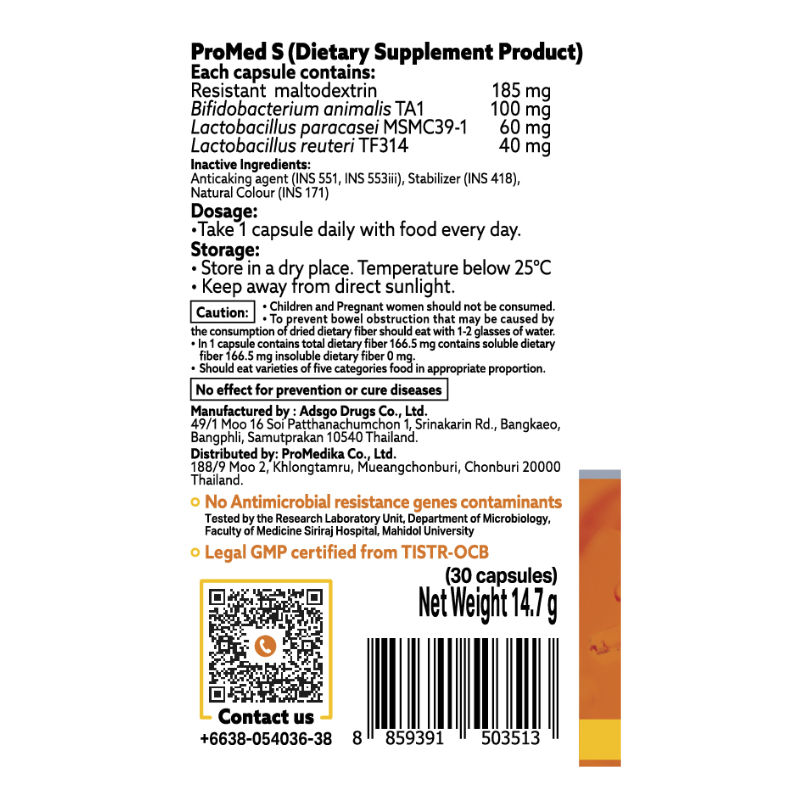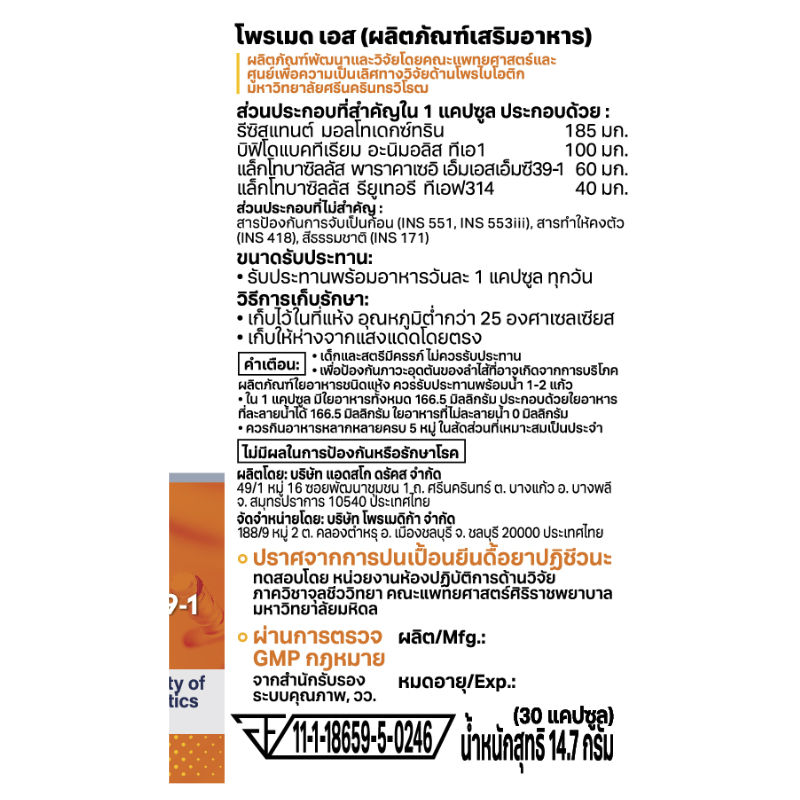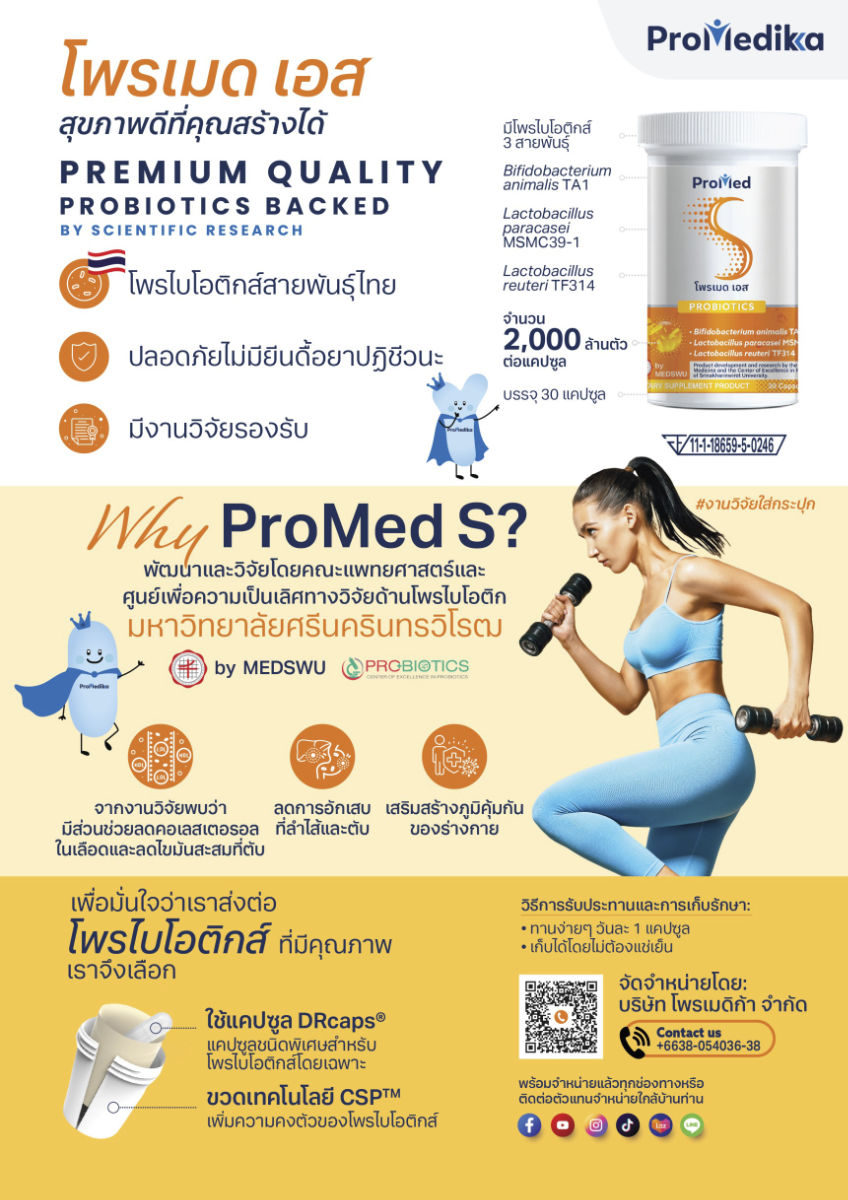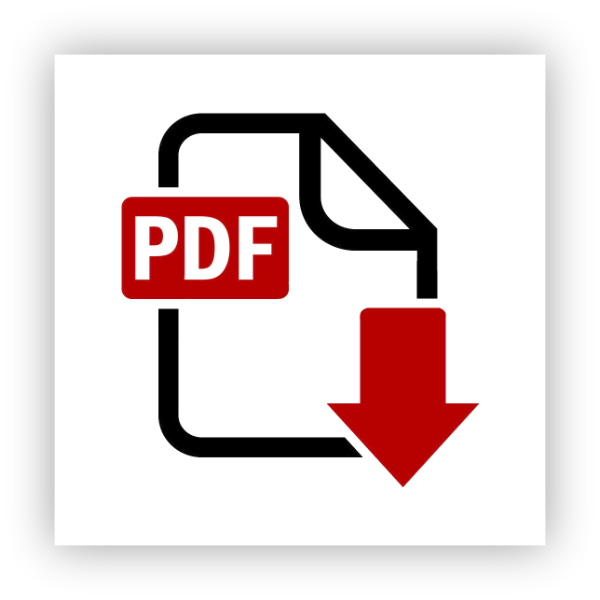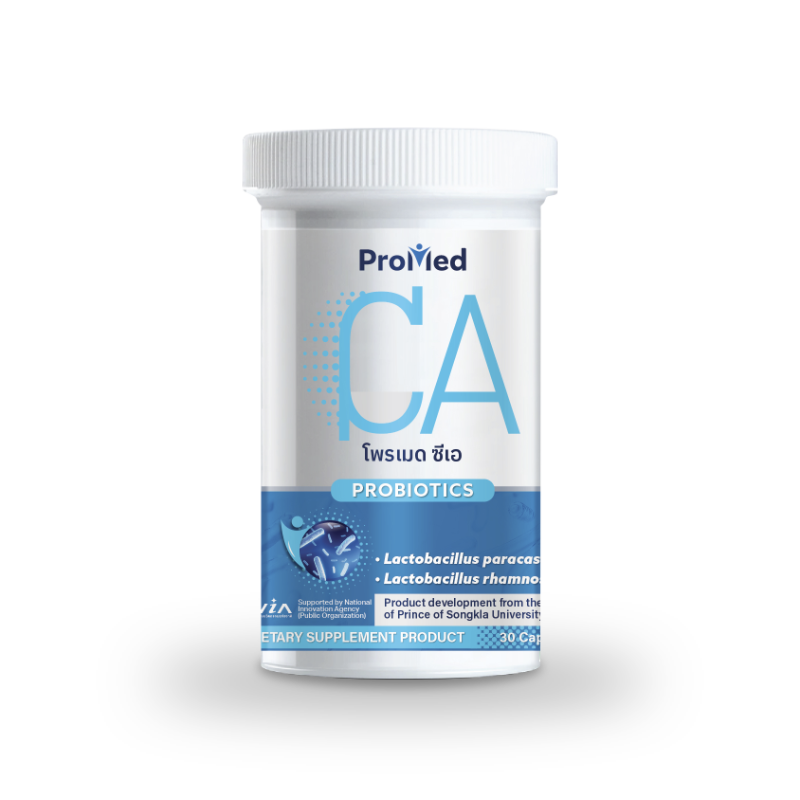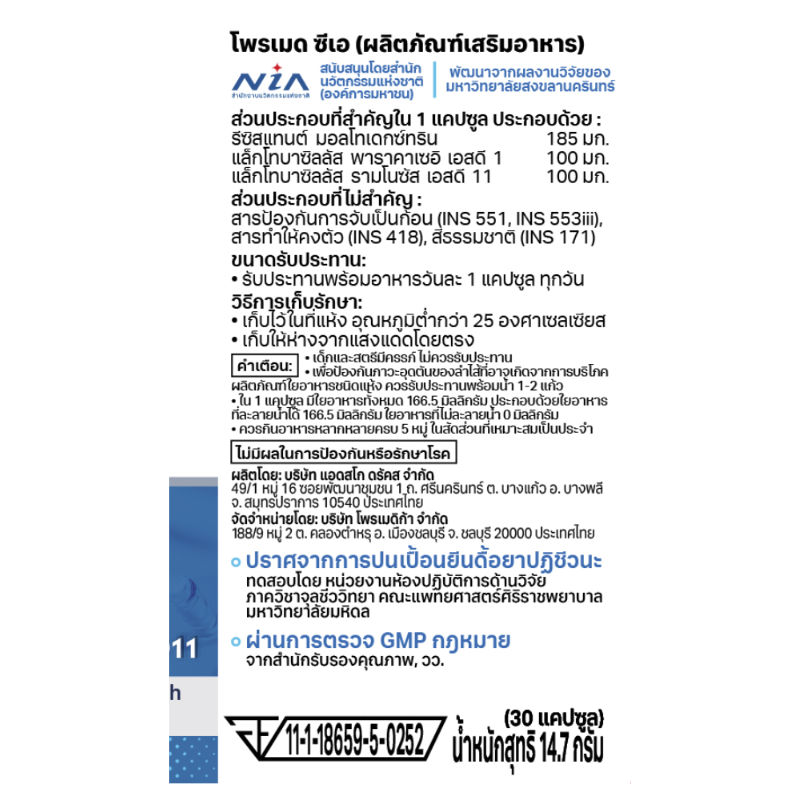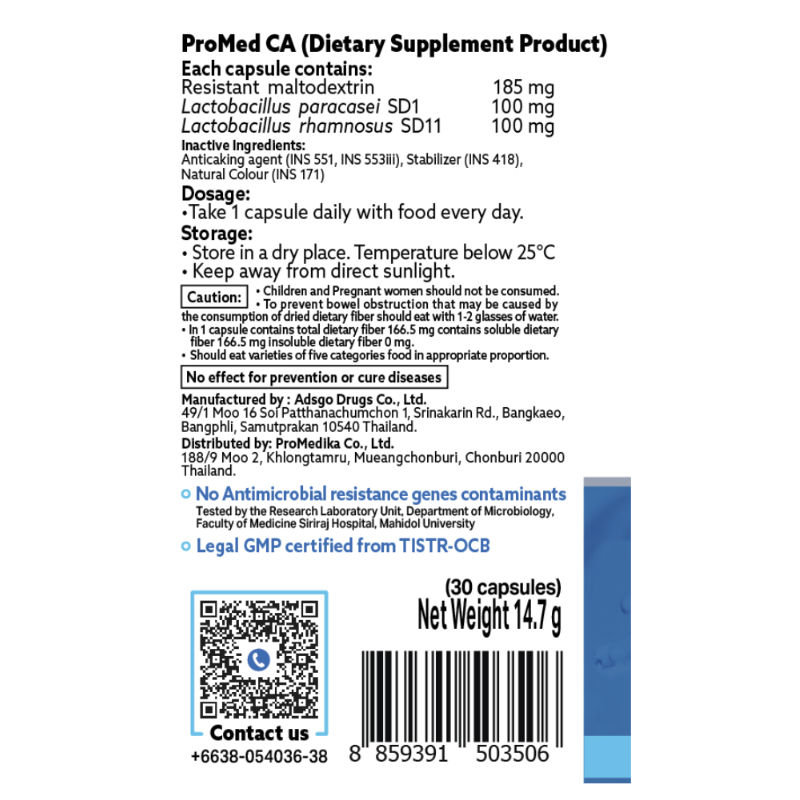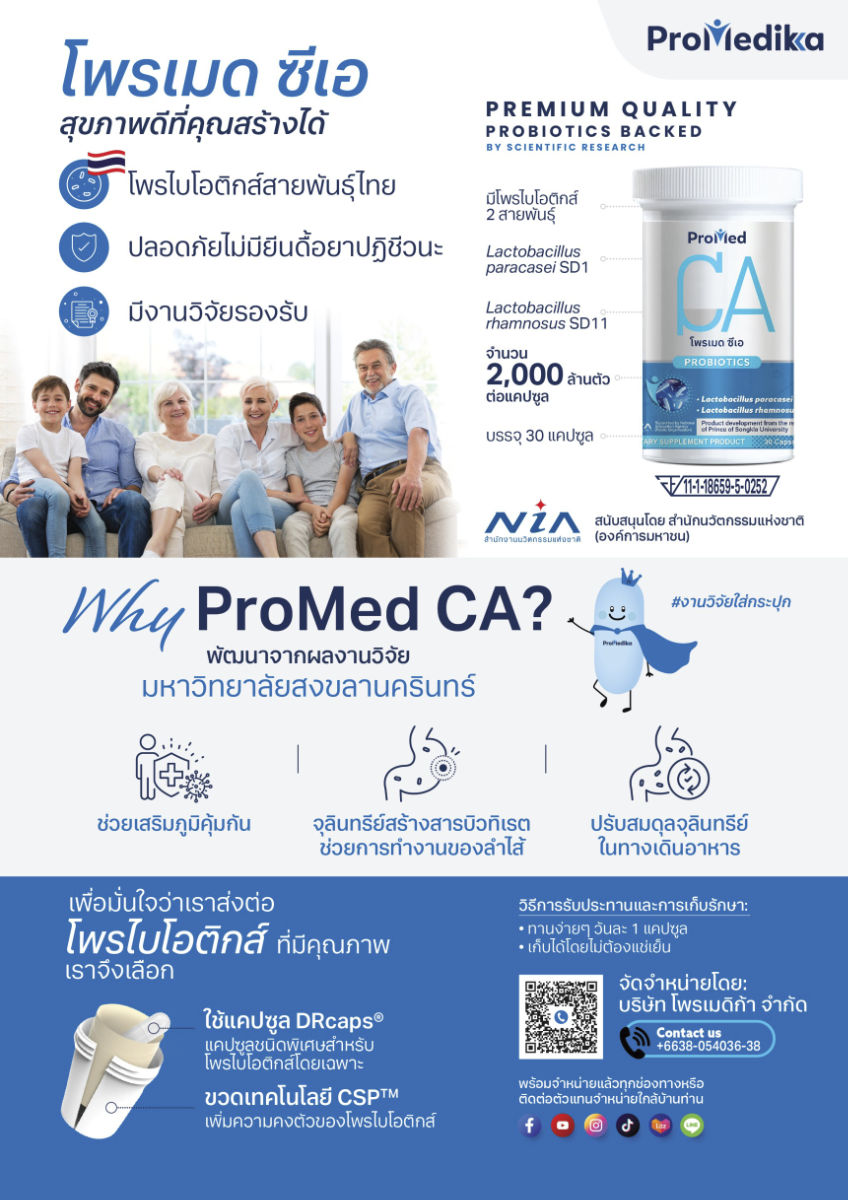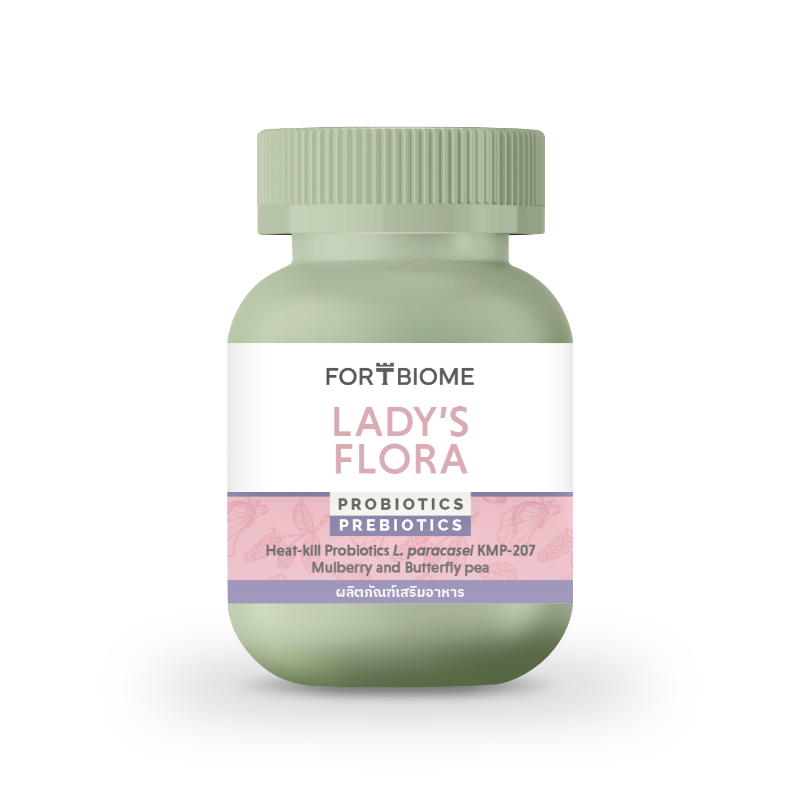

We carefully select Thai microbial strains that are well-suited to the local environment, ensuring products that are effective, safe, and sustainable for consumer health.
Experience the benefits of ProMedika, meticulously curated Thai probiotics designed to perform optimally in ASEAN environments and Manufactured under authoritarian international standards. Free from antibiotic resistance genes, eco-friendly, represents a sustainable investment in health and well-being.
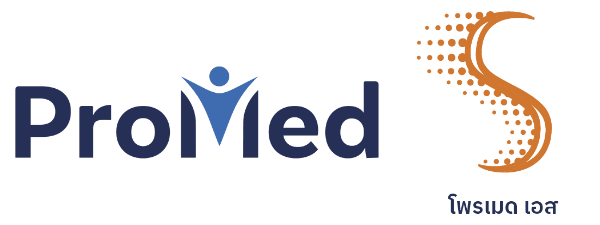
Bottling Breakthroughs: The Science Behind Promed S Probiotics
ProMed S is a probiotics dietary supplement containing three highly effective Thai probiotic strains: Bifidobacterium animalis TA-1, Lactobacillus paracasei MSMC39-1, and Lactobacillus reuteri TF314. These strains were developed through research at Thailand’s Center of Excellence for Probiotics, led by top medical schools. ProMed S aims to promote overall health by lowering cholesterol, balancing gut microbiota, and reducing inflammation. Below are detailed insights into how ProMed S works and the benefits it offers.
What is ProMed S?
What is ProMed S?
ProMed S is a probiotic dietary supplement that contains three strains of probiotics that have been scientifically proven to be effective in promoting health:
• Bifidobacterium animalis TA-1: Ability to reduce cholesterol level (Puttarat et al., 2021; Puttarat et al., 2023)
• Lactobacillus paracasei MSMC39-1: Effectively reduces inflammation, balances gut microbiota, and promotes skin health (Ladda et al., 2015; Ladda et al., 2021; Banjonjit et al., 2022; Sathikulpakdee et al., 2022; Ladda et al., 2023)
• Lactobacillus reuteri TF314: Promotes the production of good cholesterol (HDL) and supports cardiovascular health.
How do the Probiotics in ProMed S Work?
• Bifidobacterium animalis TA-1
This strain helps reduce cholesterol by producing the enzyme bile salt hydrolase (BSH), which breaks down bile salts. The liver produces bile salts from cholesterol, which are crucial for fat digestion. Bile salt breakdown reduces their absorption in the intestines, causing the body to use more cholesterol to produce new bile salts. This process ultimately leads to a reduction in blood cholesterol levels. (Puttarat et al., 2021; Puttarat et al., 2023)
• Lactobacillus paracasei MSMC39-1
This strain helps reduce inflammation by decreasing the production of TNF-α (tumor necrosis factor-alpha), a cytokine that plays a key role in triggering inflammatory processes. Excessive levels of TNF-α can lead to chronic inflammation, which is associated with various conditions such as colitis, alcoholic fatty liver disease, and gingivitis. (Ladda et al., 2015; Ladda et al., 2021; Banjonjit et al., 2022; Sathikulpakdee et al., 2022; Ladda et al., 2023)
• Lactobacillus reuteri TF314
This strain enhances the production of HDL cholesterol, which helps remove LDL cholesterol from the bloodstream. This probiotic can reduce the risk of cardiovascular diseases.
Key Benefits of Probiotics
1. Promotes Digestive Health:
Helps balance gut microbiota, reducing bloating, constipation, and other digestive issues (Ladda et al., 2023).
2. Reduces Cholesterol Levels:
Lowers blood cholesterol levels and promotes the production of HDL cholesterol (Puttarat et al., 2023).
3. Reduces Inflammation:
Helps decrease inflammation in the body, reducing the risk of conditions such as inflammatory bowel disease and alcoholic hepatitis (Ladda et al., 2021; Banjonjit et al., 2022; Ladda et al., 2023).
4. Supports Skin Health:
Lactobacillus paracasei MSMC39-1 helps reduce skin issues like acne by decreasing inflammation and strengthening the skin's protective barrier (Sathikulpakdee et al., 2022).
5. Antioxidant Properties:
ProMed S helps reduce oxidative stress in cells, promoting overall health and lowering the risk of chronic diseases (Puttarat et al., 2021).
What Conditions Can ProMed S Help With?
• High Cholesterol: By reducing cholesterol levels, it can help prevent heart disease and vascular disorders (Puttarat et al., 2023).
• Excessive Free Radicals: Through its ability to lower free radicals and boost antioxidants, it helps alleviate oxidative stress in cells and slows down cellular degeneration.
• Inflammatory Conditions: By lowering TNF-α levels, it aids in alleviating symptoms of conditions such as inflammatory bowel disease, alcoholic hepatitis, and gingivitis (Ladda et al., 2015; Ladda et al., 2021; Banjonjit et al., 2022; Ladda et al., 2023).
• Digestive Disorders: It helps relieve symptoms of gastritis and acid reflux by promoting a balanced stomach environment, reducing gastric acid production, and balancing gut microbiota.
What Research Has Been Conducted on ProMed S?
Research has shown that hypercholesterolemic rats and rats induced with colitis using Dextran Sulfate Sodium (DSS-induced colitis) were administered Bifidobacterium animalis TA-1 and Lactobacillus paracasei MSMC39-1, respectively, to observe their effects on cholesterol levels, inflammation, and gut health.
The study revealed significant reductions in cholesterol levels and TNF-α levels, as well as improved gut microbiota health. These findings highlight the potential of these probiotics in managing hypercholesterolemia and inflammatory conditions (Puttarat et al., 2023; Ladda et al., 2023).
How to Take ProMed S
For best results, take one capsule of ProMed S daily on an empty stomach or 30 minutes before a meal. Consistency is key to maximizing the benefits of this probiotic dietary supplement.
Is ProMed S Safe?
Clinical studies confirm that the probiotics in ProMed S are safe, with no reported side effects. If you have any concerns, it is advisable to consult a healthcare provider before use.
References
• Puttarat, N., Ladda, B., Kasorn, A., Tanasupawat, S., & Taweechotipatr, M. (2021). Cholesterol-lowering activity and functional characterization of lactic acid bacteria isolated from traditional Thai foods for their potential used as probiotics. Songklanakarin Journal of Science and Technology, 43(5), 1283-1291.
• Puttarat, N., Kasorn, A., Vitheejongjaroen, P., Chantarangkul, C., Tangwattanachuleeporn, M., & Taweechotipatr, M. (2023). Beneficial Effects of Indigenous Probiotics in High-Cholesterol Diet-Induced Hypercholesterolemic Rats. Nutrients, 15(12), 2710.
• Ladda, B., Theparee, T., Chimchang, J., Tanasupawat, S., & Taweechotipatr, M. (2015). In vitro modulation of tumor necrosis factor α production in THP-1 cells by lactic acid bacteria isolated from healthy human infants. Anaerobe, 33, 109–116.
• Ladda, B., Padungchaichot, P., Pradidarcheep, W., Kasorn, A., & Taweechotipatr, M. (2021) Anti-inflammatory effect of probiotic lactobacillus paracasei MSMC39-1 on alcohol-induced hepatitis in rats. Journal of Applied Pharmaceutical Science, 11(4), 45-56.
• Sathikulpakdee, S., Kanokrungsee, S., Vitheejongjaroen, P., Kamanamool, N., Udompataikul, M., & Taweechotipatr, M. (2022). Efficacy of probiotic-derived lotion from Lactobacillus paracasei MSMC39-1 in mild to moderate acne vulgaris, randomized controlled trial. Journal of Cosmetic Dermatology, 21(4), 5092-5097.
• Banjonjit, S., Taweechotipatr, M., & Rungsiyanont, S. (2022). Effect of probiotic Lactobacillus paracasei on tumor necrosis factor-alpha level in gingival crevicular fluid of patients undergoing impacted third molar removal. Journal of oral science, 64(3), 185–189.
• Ladda, B., Jantararussamee, C., Pradidarcheep, W., Kasorn, A., Matsathit, U., & Taweechotipatr, M. (2023). Anti-Inflammatory and Gut Microbiota Modulating Effects of Probiotic Lactobacillus paracasei MSMC39-1 on Dextran Sulfate Sodium-Induced Colitis in Rats. Nutrients, 15(6), 1388-1404.
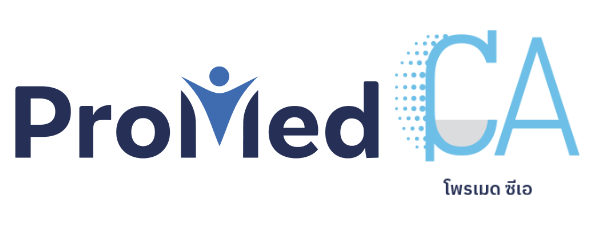
Premium quality probiotics backed by scientific research: Premium Strains in ProMed CA
Dietary supplement featuring two highly effective probiotic strains: Lactobacillus rhamnosus SD11 and Lactobacillus paracasei SD1. These strains have been rigorously studied in accordance with the scientific standards set by the World Health Organization, demonstrating numerous health benefits.
Notably, they support gut health, strengthen the immune system, and reduce inflammation caused by gastrointestinal pathogens. Discover the scientific effectiveness of these strains and why ProMed CA is the top choice for probiotics in Thailand.
The Science Behind ProMed CA: Strains and Efficacy
• Lactobacillus rhamnosus SD11
This strain can adhere to intestinal epithelial cells, reducing gastrointestinal pathogens, and enhancing immune function. Studies have shown that L. rhamnosus SD11 helps strengthen the immune system by stimulating the intestinal lining to produce immune substances, which aid in preventing infections.
• Lactobacillus paracasei SD1
Known for its strong anti-inflammatory properties, L. paracasei SD1 helps balance gut microbiota and reduce inflammation. Research has shown that it effectively reduces inflammatory markers such as IL-6 and IL-8, lowering the risk of chronic inflammatory diseases.
Key Benefits of Probiotics
1. Boosts Immunity Both probiotics stimulate white blood cells, enhancing the body’s immune system and improving its ability to fight infections and diseases.
2. Balances Gut Microbiota Both probiotics help balance gut microbiota, reducing pathogens that trigger inflammation and promoting overall gut health.
3. Reduces Inflammation Both probiotics play a crucial role in reducing inflammation throughout the body, which is important in managing conditions such as inflammatory bowel disease and arthritis. These strains in Promed CA help regulate the body’s inflammatory response.
4. Produces Organic Acids Both probiotics produce organic acids and bacteriocin proteins that inhibit the growth of pathogens in the gut. Additionally, these probiotics generate short-chain fatty acids (SCFAs), particularly butyrate, which are essential in reducing gut inflammation and inhibiting cancer cell growth, as demonstrated in laboratory studies.
Research Support
In clinical studies involving patients with stage 2 and 3 colorectal cancer who had undergone tumor removal surgery, L. rhamnosus SD11 and L. paracasei SD1 were found to reduce inflammatory markers in the blood, increase anti-inflammatory substances, and elevate levels of SCFAs, particularly butyrate and propionate. Additionally, the number of gut pathogens decreased.
Research Bottled: Bringing the Best Probiotics to ProMed CA
With research from laboratories, clinical application in volunteers, and proven efficacy, we have encapsulated the best probiotics in ProMed CA. These strains, developed through years of scientific study, are designed to enhance your health by boosting immunity, improving digestive function, and reducing inflammation. Based on this extensive research, ProMed CA stands as the most powerful probiotic product in Thailand.
How to Take ProMed CA
For best results, take one capsule of ProMed CA daily, either 30 minutes before or after meals. Consistency in taking the supplement is key to unlocking the full benefits of these probiotics. Incorporating ProMed CA into your daily routine will help enhance gut health, strengthen the immune system, and promote overall well-being.
Is ProMed CA Safe?
Yes, with over 10 years of research and practical application, Lactobacillus rhamnosus SD11 and Lactobacillus paracasei SD1 have been proven safe with no reported side effects. However, if you have any concerns, especially if you are managing chronic conditions, it is advisable to consult a healthcare professional before starting a new supplement.
References
• Pahumunto, N., & Teanpaisan, R. (2023). Anti-cancer properties of potential probiotics and their cell-free supernatants for the prevention of colorectal cancer: An in vitro study. Probiotics and Antimicrobial Proteins, 15(5), 1137-1150.
• Piwat, S., Teanpaisan, R., Pahumunto, N., Srisommai, P., & Mapaisansin, C. (2019). Effect of probiotics delivery vehicles for probiotics Lactobacillus rhamnosus SD11 in caries prevention: A clinical study. Journal of Food Processing and Preservation, 43, e14147.
• Teanpaisan, R., & Piwat, S. (2013). Lactobacillus paracasei SD1, a novel probiotic reduces mutans streptococci in human volunteers: A randomized placebo-controlled trial. Clinical Oral Investigations, 18, 857-862.
• Thananimit, S., Pahumunto, N., & Teanpaisan, R. (2022). Characterization of short-chain fatty acids produced by selected potential probiotics Lactobacillus strains. Biomolecules, 12(12), 1829.
• Wanichsuwan, W., Pahumunto, N., Surachat, K., Thananimit, S., Wonglapsuwan, M., Laohawiriyakamol, S., & Teanpaisan, R. (2023). Effect of dry-yogurt containing probiotics in colorectal cancer: A randomized controlled trial. (อยู่ระหว่างการพิจารณา)
